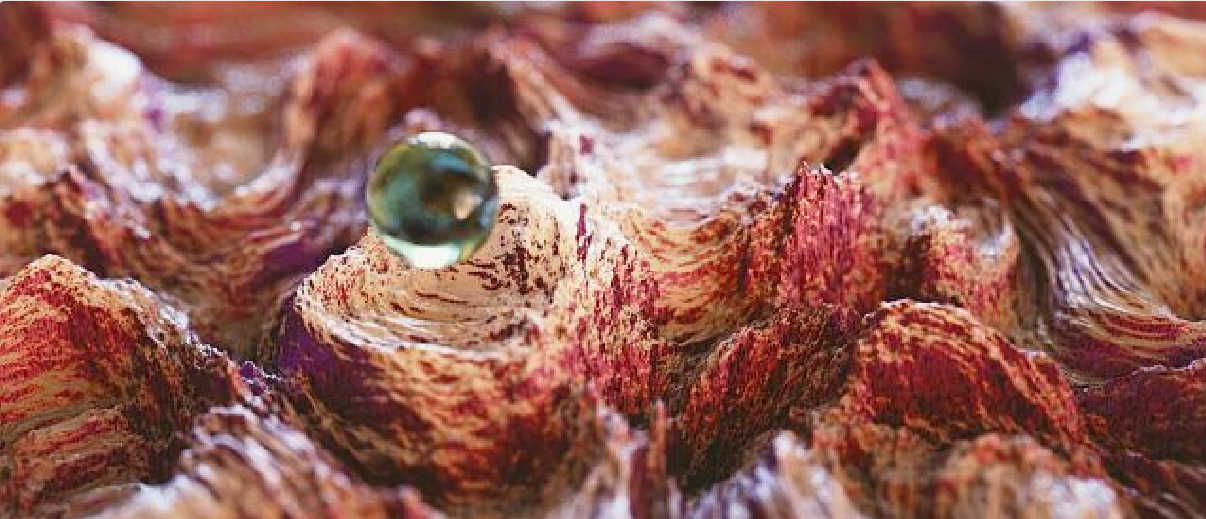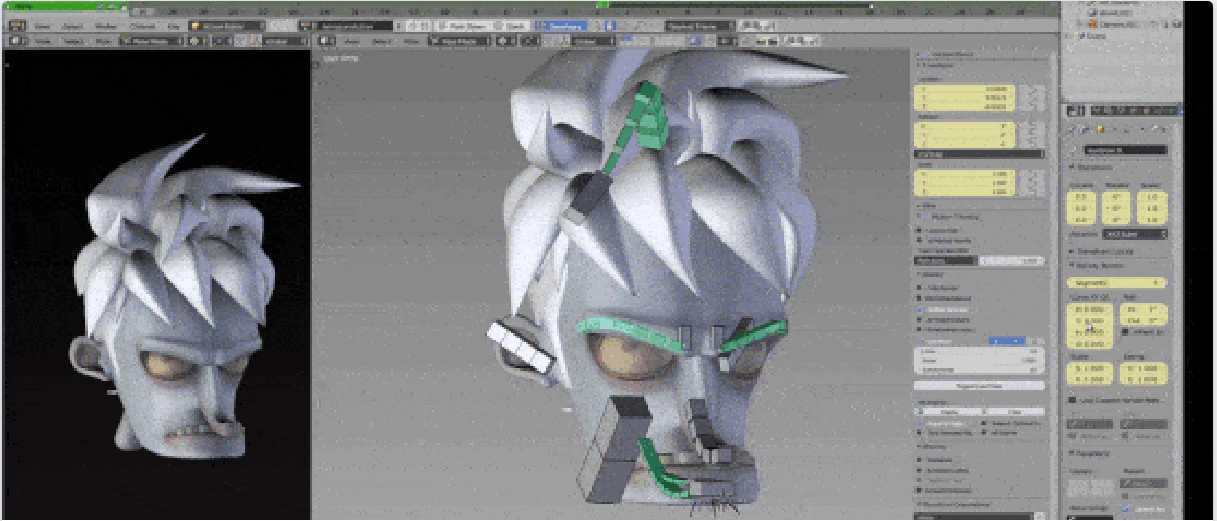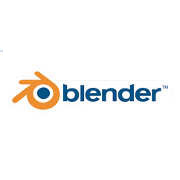| Blender 2.78 Adds Spherical Stereo Virtual Reality |
| Written by Kay Ewbank |
| Thursday, 13 October 2016 |
|
The latest release of Blender, 2.78, has arrived with new features including freehand curves, drawing over surfaces, and spherical stereo images rendering support for VR. Blender is an open source 3D creation suite that can be used for all elements of 3D creation from modeling and rigging through to motion tracking and game creation. It has an API for Python scripting that you can use to customize the application and write specialized tools. Blender is cross-platform, and its interface uses OpenGL. Blender 2.78 is designed to be a very stable release so that its developers can focus better on Blender 2.8 work. The main change to the new version is in the cycles rendering engine, which now supports rendering spherical stereo images for VR. This includes support for pole merging to reduce artifacts when looking straight up or down. Other improvements to cycles include added support for CPU groups to make rendering faster, and support for more GPU rendering. The new version supports GTX NVIDIA 10×0, and has improved support for GTX 980 Ti and Titan X. The smoke render feature has volume support for Velocity and Heat attributes, and the fluid simulation has mesh support for motion blur and motion vectors. The Micro displacement feature which was experimental in the previous version has also been improved as shown here:
Bendy bones has been improved in the animation tool, so it's easier to do rigging. Shapes can now be controlled directly using a series of properties. You can define a “curved rest pose” for the bone, and use custom bones as their reference bone handles.
The Grease Pencil has been extended so that it's now a full 2D drawing & animation tool. This means Blender will work similarly to other 2D drawing software, so you can mix 2D drawings with 3D objects and composition. Specifically, the layer is only a container, and strokes can use different color, strength and thickness in the same layer. This means the brush is independent and you can design create brushes that simulate different types of pencils. There's also the ability to carry out Freehand curves drawing over surfaces. This uses curve fitting for Bezier curves, with error and corner angle options, support for tablet pressure, drawing aligned or perpendicular to a surface, tapering, redo operator and calling from Python. Other improvements include basic Alembic support through import and export operators; and a new dynamic base mesh and simulation speed option in Cloth Physics. More InformationRelated ArticlesBabylon.js - A WebGL Game Engine From Microsoft
To be informed about new articles on I Programmer, sign up for our weekly newsletter, subscribe to the RSS feed and follow us on Twitter, Facebook or Linkedin.
Comments
or email your comment to: comments@i-programmer.info |
| Last Updated ( Tuesday, 07 December 2021 ) |





